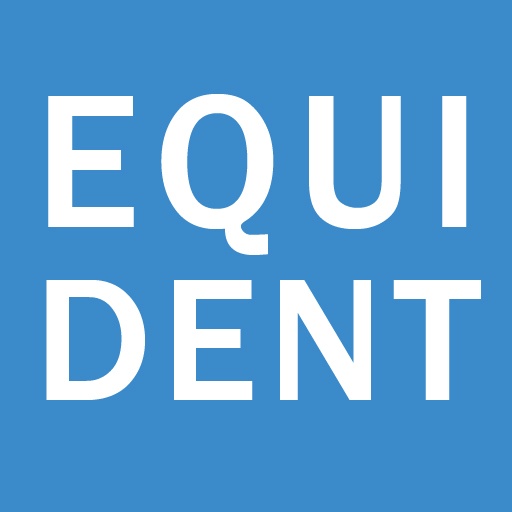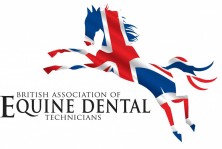Why does my horse need an equine dentist?
Why does my horse need his/her teeth rasping when horses in the wild cope fine without dentistry?
Why do my horses teeth get sharp?
How can I help my horse?
Aside from keeping your horse updated with regular (6-12 months) dentistry examinations, there are a few things you can do to help increase the longevity of your horse’s teeth. Taking the horse out to its natural environment can have big implications, so bringing back some natural ways of living can certainly help.
Many horse owners feed their horses from a height in the stable, using hay nets and feed managers. This is very unnatural, from a dental perspective, because as a horse lowers it head it’s jaw slides forward. As a result your horse’s lower jaw is unable to occlude (meet and grind) against his first upper premolars and last lower molars in a raised position. This can result in large hooks developing on the first upper tooth (6) and the last lower tooth (11) (see diagram). This may put pressure on the TMJ (jaw point) and lock up your horse’s jaw. This could result in weight loss, poor performance and even colic. My advice is to feed your horse from the ground wherever possible as this is how they were designed to eat.

The majority of dental abnormalities are manageable, although not all are curable.
© Equident 2018-24. All rights reserved.
Website development by Bittersweet

